Published
- 05:00 am
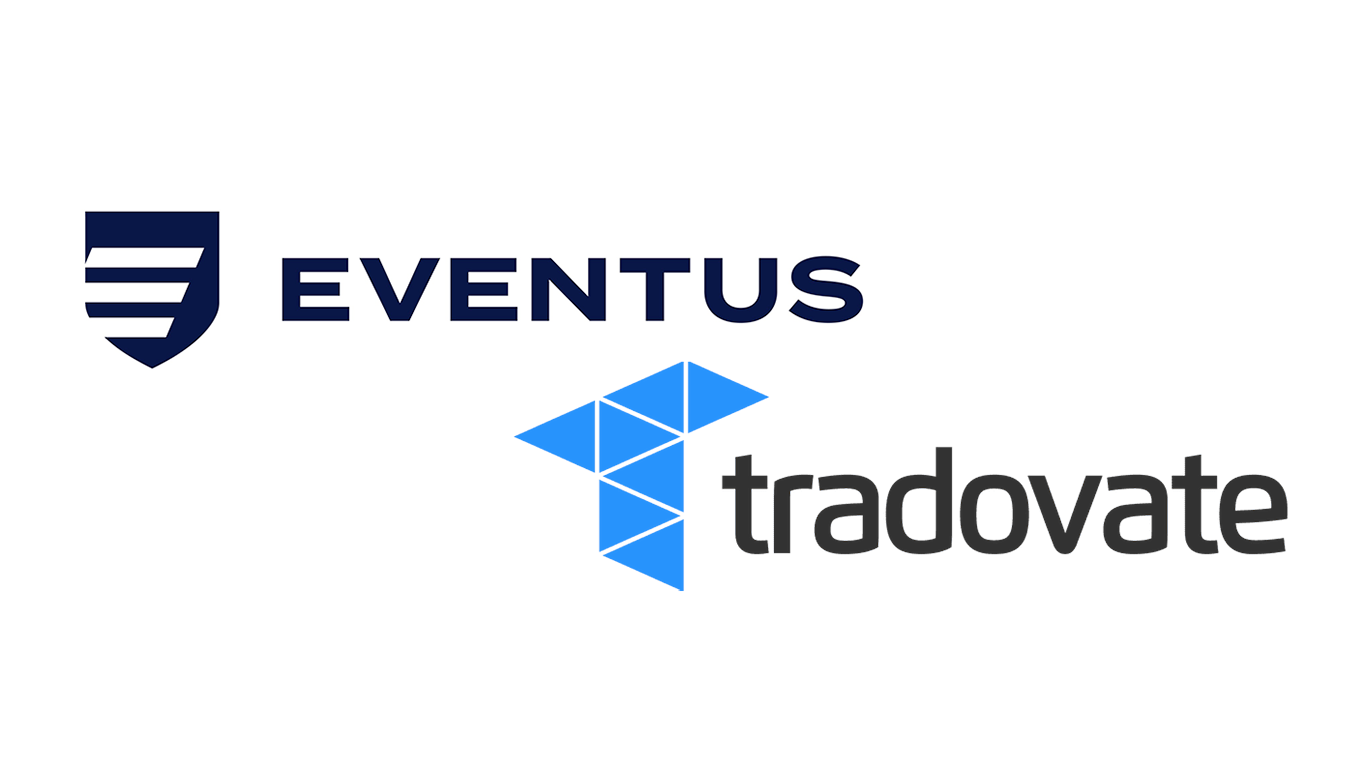
Eventus Systems, Inc., a leading global provider of multi-asset class trade surveillance and market risk solutions, and Tradovate, a leading online brokerage firm for active, self-directed futures traders, announced that Tradovate has deployed the Eventus Validus platform for trade surveillance.
Rick Tomsic, Founder & CEO of Tradovate Holdings, LLC, said: “We love the Validus platform. It’s been a great tool for us to help our trade desk identify and drill down into any potential trade irregularities. The combination of pre-built surveillance procedures, with reports and protocols we can customize based on our needs and client base, is extremely powerful. Validus gives us the ability to dive deeply into any suspicious or unusual order flow activity at a very granular, detailed level, giving us comfort both from a trade desk and compliance standpoint.”
Tradovate Trade Desk Manager Terry Nelligan said: “Eventus does a great job of offering views that make it easy to visualize the market with respect to customer orders. We’re able to find suspicious patterns within a single client account or those that may emerge between multiple clients. Validus makes it simple, easy, and intuitive, providing a visual representation of activity for the period when an alert is triggered that goes beyond what we would be able to monitor on our own. Eventus does a great job of understanding our goals and then helping us customize the platform to implement that.”
Validus employs a multi-step approach to alert classification by first casting a wide net to ensure that all potential or near-miss alerts are considered, followed by machine learning and robotic process automation to go deep into each alert and identify market behavior that could lead to regulatory or reputational consequences. The platform's visualizations and flexibility allow front-office supervisors to quickly and efficiently detect problematic behavior.
Related News
- 05:00 am
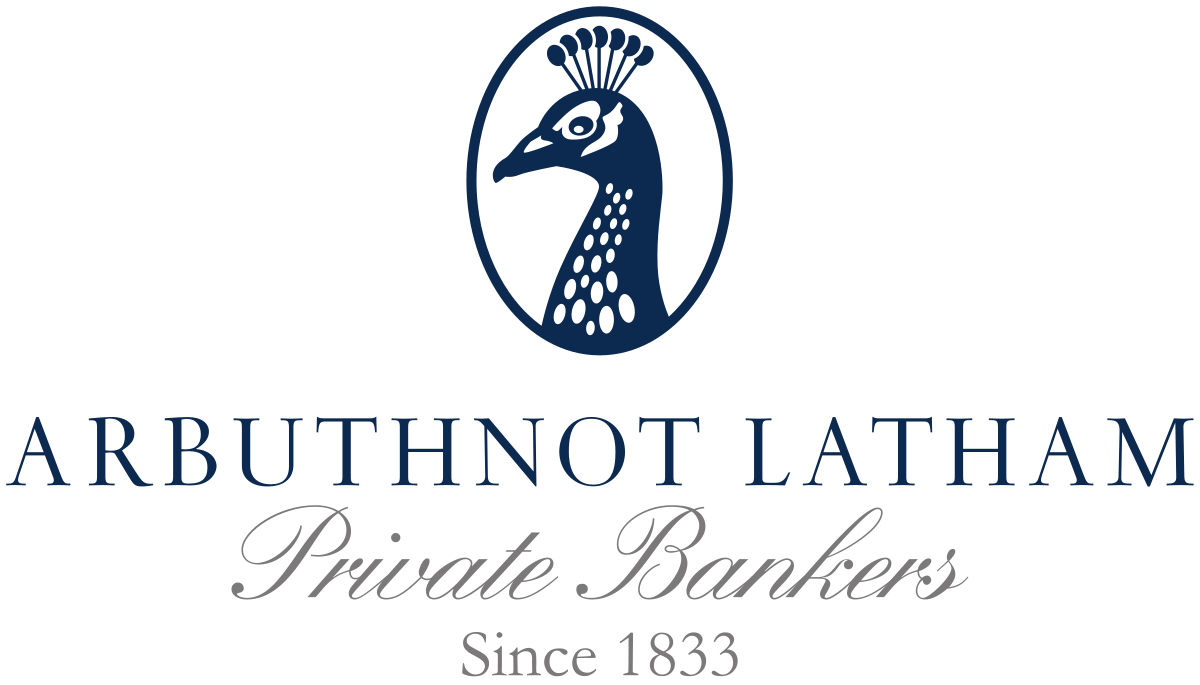
A safer, more secure and private way to pay with iPhone and Apple Watch.
Arbuthnot Latham & Co., Limited, the private and commercial bank, today brings its clients Apple Pay, a safer, more secure and private way to pay that helps clients avoid handing their payment card to someone else, touching physical buttons or exchanging cash — and uses the power of iPhone to protect every transaction.
Clients simply hold their iPhone or Apple Watch near a payment terminal to make a contactless payment. Every Apple Pay purchase is secure because it is authenticated with Face ID, Touch ID, or device passcode, as well as a one-time unique dynamic security code. Apple Pay is accepted in grocery stores, pharmacies, taxis, restaurants, coffee shops, retail stores, and many more places.
Clients can also use Apple Pay on iPhone, iPad, and Mac to make faster and more convenient purchases in apps or on the web in Safari without having to create accounts or repeatedly type in shipping and billing information. Apple Pay makes it easier to pay for food and grocery deliveries, online shopping, transportation, and parking, among other things. Apple Pay can also be used to make payments in apps on Apple Watch.
Security and privacy are at the core of Apple Pay. When clients use a credit or debit card with Apple Pay, the actual card numbers are not stored on the device, nor on Apple servers. Instead, a unique Device Account Number is assigned, encrypted, and securely stored in the Secure Element, an industry-standard, certified chip designed to store the payment information safely on the device.
Apple Pay is easy to set up. On iPhone, simply open the Wallet app, tap +, and follow the steps to add Arbuthnot Latham’s credit or debit cards. Once a client adds a card to iPhone, Apple Watch, iPad, and Mac, they can start using Apple Pay on that device right away.
For more information on Apple Pay, visit: https://www.apple.com/uk/
For more information on Arbuthnot Latham, please visit https://www.arbuthnotlatham.
Related News

Chris Papathanassi
founder at Oneiro Solutions
The Rubik’s Cube; a difficult nut to crack. see more
- 06:00 am

Logiq, Inc. (OTCQX: LGIQ, NEO: LGIQ), a global provider of award-winning customer acquisition solutions, announced its board of directors has approved a plan to separate its DataLogiq and AppLogiq businesses into two independent publicly traded companies.
Following a strategic review of the company's growth strategies and structure, the board determined that creating two standalone businesses would best position DataLogiq and AppLogiq to capitalize on their respective growth opportunities in the rapidly evolving global e-commerce and fintech landscape, and would be the best path to creating shareholder value.
The plan calls for the AppLogiq business to be acquired by another existing or newly formed publicly traded company. The AppLogiq segment includes mobile e-commerce solutions, a recently announced mobile fintech platform for microlending, and the company’s beneficial stake in PT Weyland Indonesia Perkasa (WIP). WIP is the operator of the AtozGo™ food delivery service and AtozPay™ mobile e-wallet.
The separation of the two businesses is expected to result in shareholders of Logiq receiving shares in the company that acquires the AppLogiq business upon consummation of the transaction. However, the final structuring of the transaction remains subject to execution of definitive agreements and may change, as well as to subject to satisfaction of market, regulatory and other customary closing conditions.
“We believe separating AppLogiq and DataLogiq into two ‘pure-play’ publicly-traded companies would unlock additional value for our shareholders,” stated Brent Suen, president of Logiq. “As independent companies, each would have a sharper focus and greater flexibility to pursue M&A opportunities in their respective markets for e-commerce in the U.S. and fintech markets in Southeast Asia.
“We see this also enabling considerably higher peer valuations compared to where Logiq is at today with AppLogiq and DataLogiq combined. As one analyst recently pointed out, for Logiq, ‘the sum of the parts is greater than the whole.’ Based on comparable public market valuations and private equity funding for companies in the emerging markets fintech sector, it would imply that AppLogiq’s standalone valuation could justify $100 million.”
There are several companies that Logiq has partnered with in emerging markets that are currently reviewing a potential acquisition of, or merger with, AppLogiq. Such a transaction could form a substantial platform for digital services to be offered in high-growth emerging markets.
Logiq recently announced engaging a leading U.S. investment bank, The Benchmark Company, to assist Logiq with this transaction and potentially others. Logiq plans to complete the separation before the end of the year, subject to customary conditions and approvals.
Related News
- 03:00 am
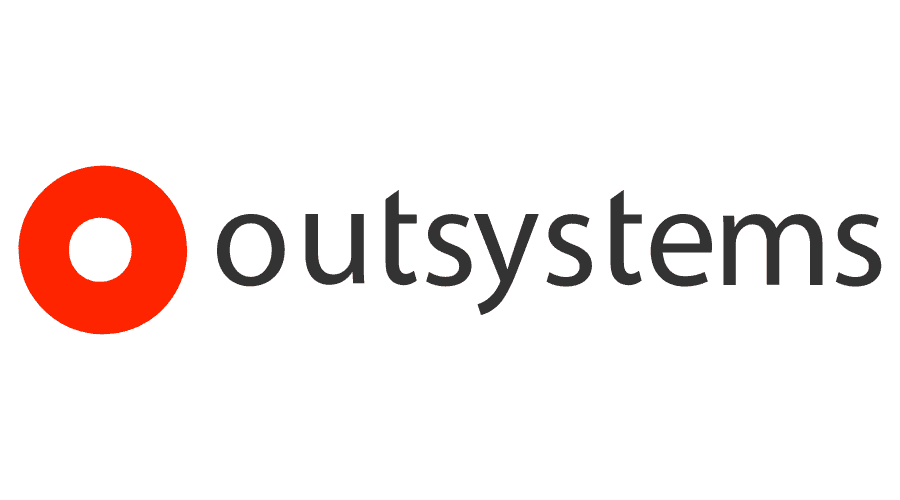
High-speed application development platform underpins ‘MyWorkSpace’ App and safe return to the office
OutSystems, a global leader in modern application development, teamed up with Sage to develop a ‘MyWorkSpace’ app, which enables colleagues to book desks and meeting rooms. This project has helped Sage colleagues return to the office under the company’s Flexible Human Work initiative.
Like many companies, Sage, the market leader in cloud business management solutions, implemented a work from home policy at the start of the COVID-19 crisis and is now helping its 11,000 colleagues return to its offices where guidance allows.
Having chosen the high-speed development platform, four graduates and a senior developer learnt about the OutSystems solution and built the company’s first in-house mobile app, ‘Colleague Hub’, designed to streamline internal approvals. In addition, it delivered a web application, integrated with Sage’s contact centre system, to allow customer service staff and managers to support customers as effectively as possible.
After Sage implemented a work from home policy across all of its global offices, the developers continued their work and found OutSystems helped them with collaborative development, as a result of its modular application architecture. OutSystems Cloud also enabled the team to move to a remote working environment with very little process or technology adjustment.
Using an OutSystems Forge template and supported by a Technical Success Manager, who provided coaching on rearchitecting the app as a web application, the team delivered the first iteration of the MyWorkSpace app in just six weeks. In the following months, regular updates by the development team added more features to the application, helping Sage colleagues safely return to office-based working while putting safety first.
MyWorkSpace includes a range of features, including the ability to choose an office location, date and area. It automatically assigns a desk and displays an interactive map that helps the user find it; QR codes at the desk allow easy check-in scans. Colleagues check out when ready, or the app notifies them when checkout time is imminent, so that they can vacate the space for cleaning.
MyWorkSpace also integrates into Sage’s intranet, providing employees with access to a comprehensive set of COVID-19 related information and instructions tailored to their office without leaving the app. Sage also simplified the desk booking process and built Sage-specific reports and dashboards.
As restrictions have eased nationally, the app is now aiding colleagues’ return to the office, under Sage’s Flexible Human Work initiative. Sage believes that the future of work is built on true flexibility and collaboration and that where or when you work is not as important as how we connect as humans to do the best work for customers.
Stephen Lukert, Global Director of Finance Solutions at Sage said: “In this new normal, like all businesses, we have to be able to adapt quickly. OutSystems has allowed us to do this and helped us rapidly deliver a tailored app that allows colleagues to book desks and meeting rooms – helping them safely return to the office.”
Mike Hughes, Senior Director, Product Marketing, OutSystems, said: “Sage really has seen the benefits of using our platform, with a small team developing a number of apps, along with its MyWorkSpace app. Using a team from its graduate programme, supported by OutSystems, it has developed a business-changing app that has helped the Sage team return to work safely in just six weeks.”
Related News
- 08:00 am
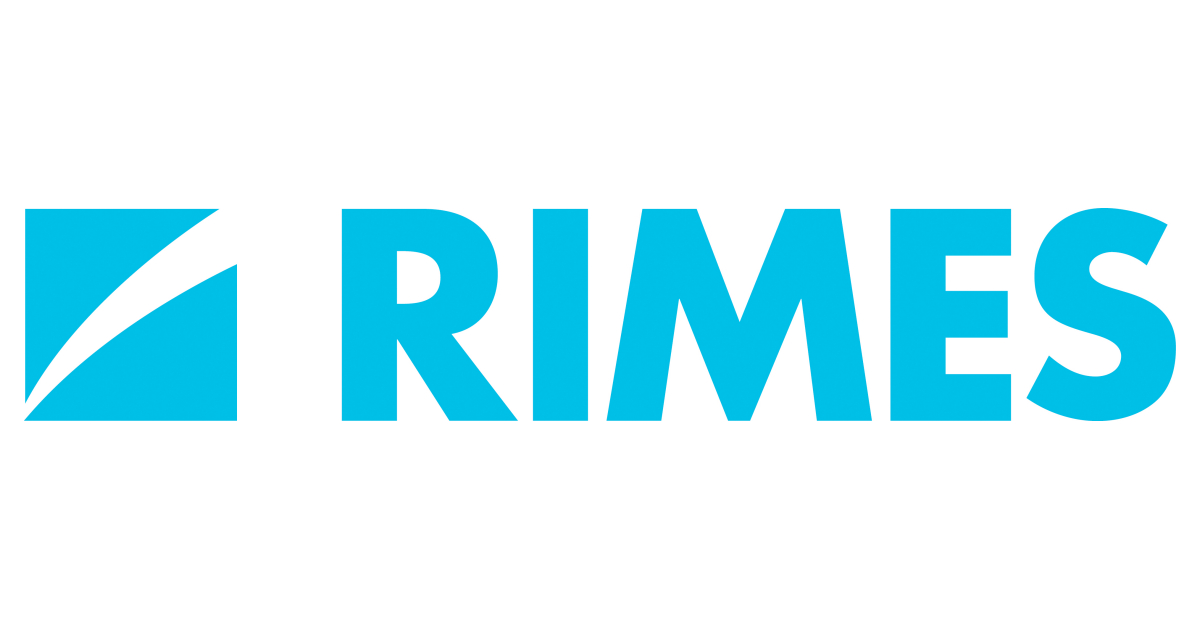
RIMES today announces the appointment of Justin Brickwood as Head of Benchmark Data Services. In this role, Justin will be accountable for product innovation and transformation, further demonstrating RIMES’ commitment to bringing highly innovative solutions to its clients. Based in London Justin will join the Executive Committee and report to Brad Hunt, CEO of RIMES.
“I’m excited Justin is joining the team at this pivotal stage in our growth,” said Brad. “RIMES’ Benchmark Data Service is the best-in-class solution in the industry, and Justin’s extensive experience and engineering mindset will help us continue to innovate, collaborate and deliver the high-quality solutions our clients expect.”
Prior to joining RIMES, Justin was the Head of Corporate and Investment Bank Innovation at Barclays where he led and oversaw multiple, successful initiatives spanning machine learning, API strategy and business digitisation. Before Barclays, Justin spent 23 years at Goldman Sachs working across multiple asset classes and regions, effectively bridging business and technology. He most recently led the European equities Electronic Trading engineering team where he worked with sales and clients to deliver new products and drive execution quality.
“I’m thrilled to be joining RIMES and am looking forward to building on their existing momentum to deliver the next generation data and ESG solutions for our clients, as well as collaborating with Brad and the leadership team.”
Related News

Michael Moran
Senior Currency Strategist at ACY
USD/DXY Eases, Euro Rebounds, Asian/EMFX Close Mixed see more
- 03:00 am
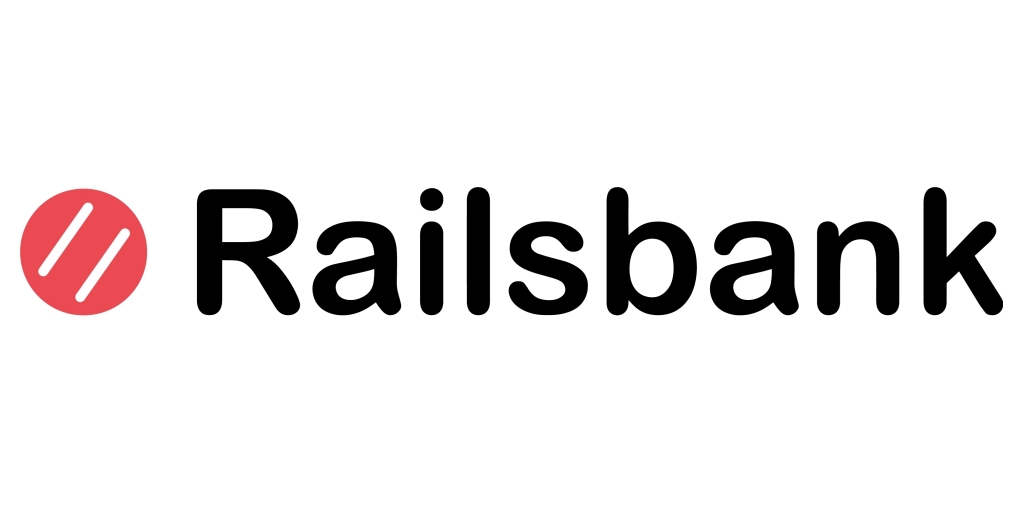
The new Embedded Finance Experiences category is a vital evolution of embedded finance, unlocking deeper engagement for consumer brands
Railsbank, the leading global Embedded Finance platform, has today launched a new industry category that is set to drive the next wave of innovation within financial services. Known as Embedded Finance Experiences, the new category and vision represents the next phase of growth for embedded finance, moving away from basic banking, card or financial products to deeper and richer financial experiences that are seamlessly part of a brand’s customer journey.
Gone are the days where the consumer needs to visit a finance provider; embedded finance experiences deliver a financial product at a highly relevant moment to the consumer.
Research commissioned by Railsbank has uncovered growing demand for new and improved financial experiences and better rewards from consumers. It found that 39% of consumers are interested in accessing financial services like credit, loans or investments from brands they love and trust; rising to 51% of 18-24 year olds. At the same time, 41% would be interested in a credit card that offered early access to tickets, exclusive offers, or other high-value rewards from their favourite high-street brand.
Nigel Verdon, CEO and co-founder, Railsbank says: “People don’t buy a car loan, they buy a car. Consumer brands understand what banks and fintech never could: finance is not about the product, it is part of an experience. Pioneers like Uber have already started to embed finance into their customer journey by removing the hassle of paying to complete your journey and get out of the taxi. Your financial transaction is so deeply embedded, you hardly notice it.”
“The opportunity here is vast and hugely untapped. What if your football team’s app not only enabled you to buy tickets or merchandise, but also away day hotel and travel deals, together with exclusive services such as car hire and insurance? Instead of thinking in terms of delivering banking or cards, Railsbank is empowering brands to build next level financial experiences they always imagined, at a pace previously unimaginable. Embedded Finance Experiences are the future of finance.”
To realise its vision, Railsbank is launching a global embedded finance platform and a new identity; its first significant brand update since it was formed in 2016. In five years, it has grown to employ over 450 people across the UK and Europe, APAC and the US, and is approaching unicorn status.
Railsbank is already working with brands including McLaren Racing team, Paceline and Status Money to design and realise embedded finance experiences.
Related News

Clifford Bennett
Chief Economist | Word’s most accurate currency forecaster at ACY
This just cannot be allowed to go on. see more
- 02.11.2021 -- 12:15 pm









